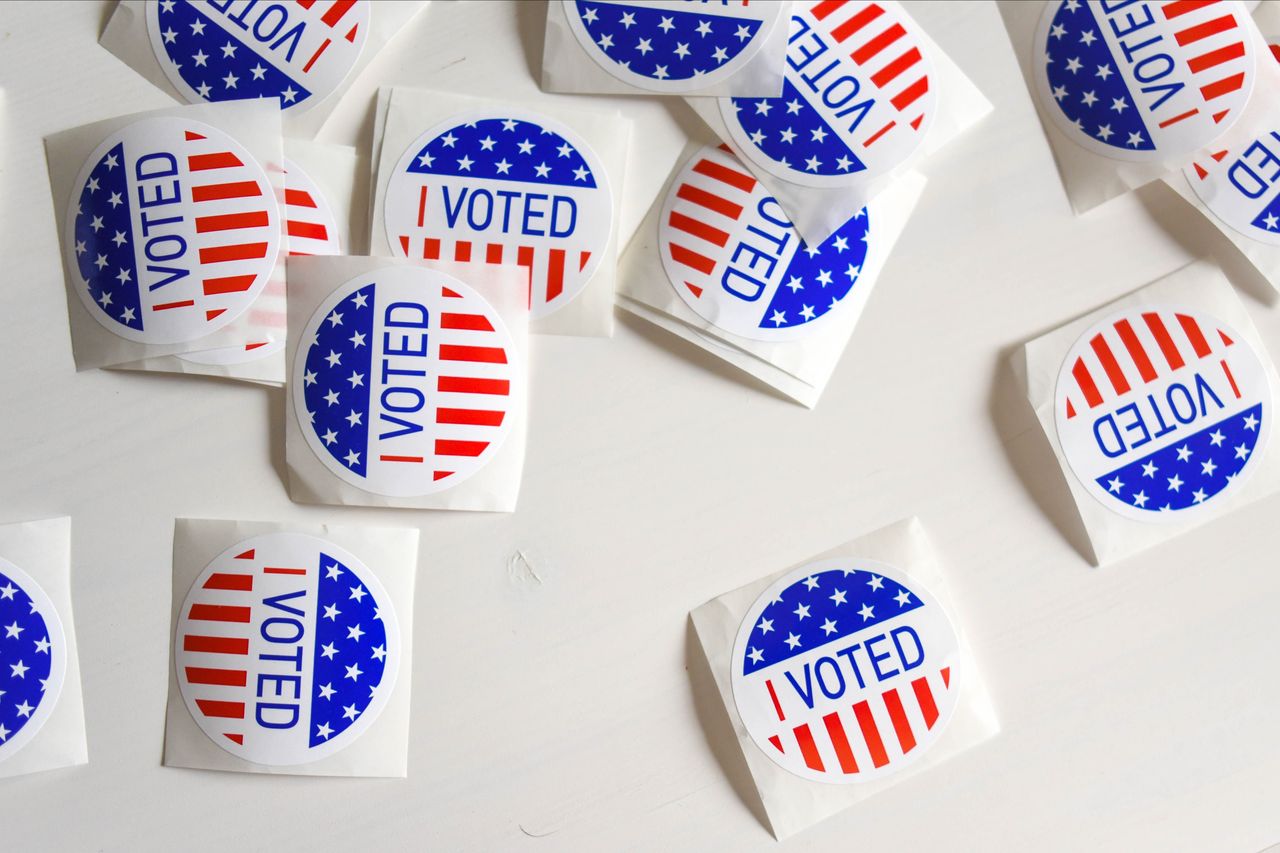Clean Medsos From Political Advertising Ahead Of The 2020 US Election

JAKARTA - Various methods have been used by politicians to campaign, conveying their vision and mission as sweetly as possible. For decades, campaigns have been carried out in conventional ways, such as traveling to one area by one, or more modernly via TV and radio. This method still exists today. However, this method has a limited time. Social media can be accessed by everyone at any time, making politicians choose social media to campaign.
During the 2016 United States (US) Presidential Election, one of the presidential candidates who was also elected as US president, Donald Trump, was very active on social media. Through his personal Twitter account, Donald Trump is "diligent" in conveying what he will do and what his rival, Hillary Clinton, lacks.
Donald Trump is known for his controversial tweets. He often spreads hatred, racist statements, and says the facts are lies and lies are the truth. Unfortunately, news that is true or false cannot be filtered by the social media platform itself.
Ahead of the 2020 US Presidential Election, many social media users are starting to prepare for what attacks will spread. But in October 2019, Twitter broke ground by announcing that they would ban political advertising. This was conveyed directly by Twitter CEO Jack Dorsey via his personal Twitter account.
"While advertising on the internet is incredibly powerful and very effective for advertisers, this power carries significant risks to politics," Dorsey said, quoted by the BBC.
Not only Twitter, Google has followed suit making almost the same rules. Quoted from Vox, Google said it would limit advertisers to spread their political ads across Google products, such as in Google and YouTube search results. Political advertisers can still target audiences based on age, gender and zip code, but cannot choose what kind of people they want.
Google will also require advertisers to verify eligibility, whether the party who wants to advertise is authorized to advertise politics in the relevant country. In addition, Google also carries out a political advertising verification process, including checking whether the information is correct or not.
Different rules made by Facebook. This platform made by Mark Zuckerberg does not prohibit political content advertisements, but only increases the security of Facebook, especially on political content. Instead of banning political advertising, Zuckerberg is voicing support for increasing transparency about how ads are served, how much money is spent, and where they are spread.
“I believe that a better approach is to increase transparency. Ads on Facebook have become more transparent than others. We have political ad archives so anyone can check the advertisements that are scattered, "said Mark Zuckerberg, quoted from TechCrunch.
Facebook's rule drew criticism because Facebook was deemed not to support the eradication of black campaigns and fake news. Even though Facebook itself has experienced various controversies before, such as leaked user data and Trump's propaganda that was widespread during the 2016 US Presidential Election campaign. However, Zuckerberg argued that he would not shut out people's opportunities to speak freely.
"We do not check political advertisements. We do this not to help politicians, but because we think people should be able to voice themselves. If there is content that is news value, we also will not remove it even if it is against our standards, "said Mark Zuckerberg quoted from Vice.
Based on a research journal published by Darmouth University entitled Fake news, Facebook ads, and Misperceptions Assessing Information Quality in the 2018 US Midterm Election Campaign ', it was revealed that voters in the US are mostly still consuming fake news and are still exposed to targeted political advertising. The advertising distribution groups are quite large and easily influence the public.
The research draws on data from YouGov which shows that exposure to fake news in the US has decreased. In the fall of 2016, 27 percent of Americans read stories from fake news websites and by fall 2018 it fell to 7 percent.
However, the decrease in exposure to fake news is temporary because in 2017-2018 the election is over and will again increase ahead of the next election. Therefore, the regulations for serving advertisements or content must be more stringent considering the number of Facebook consumption before the election is more and later Facebook will become a place for people to upload news from fake news pages.
On the other hand, it is also unfair if people demand social media platforms to filter content. Because the platform is only a container for conveying information. The community itself must judge whether they accept the information or do not believe it and then ignore it.
